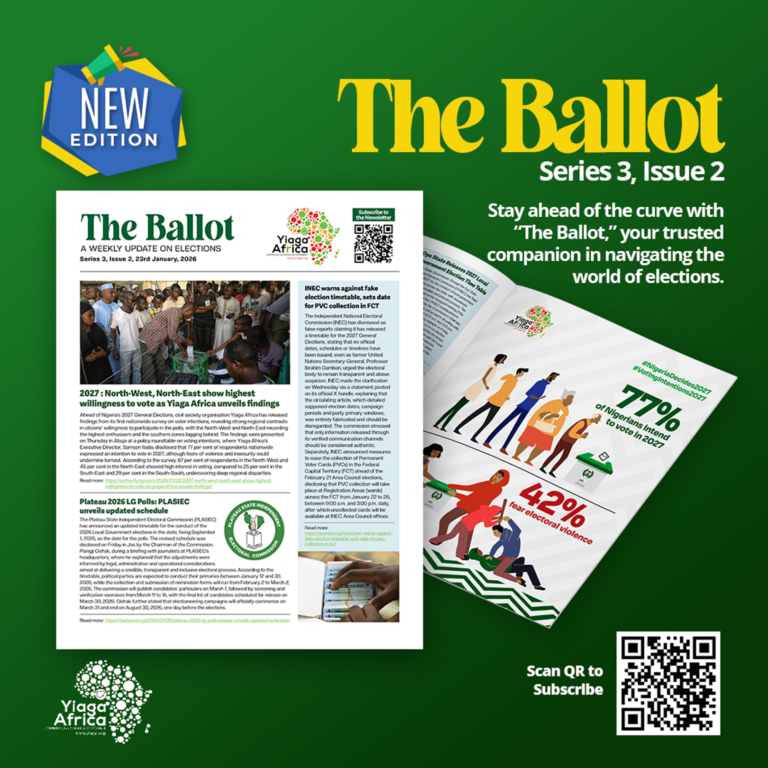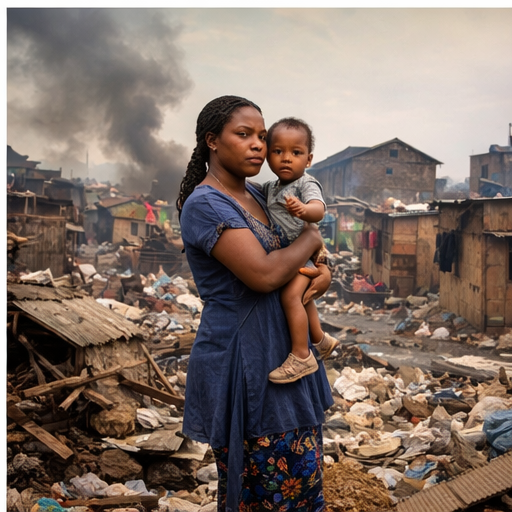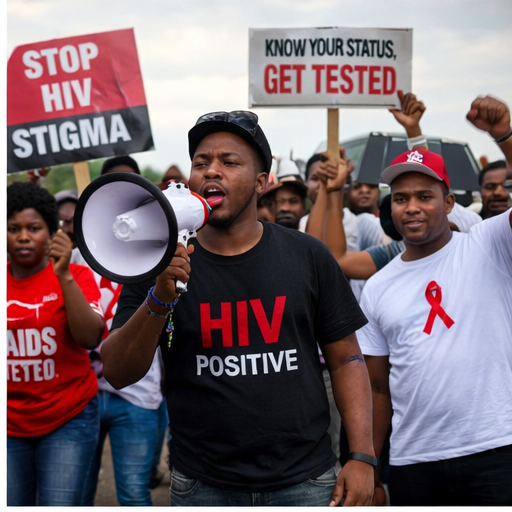
By Ameh Gabriel
For communities across Nigeria’s Middle Belt, the question “When will enough be enough?” is not a rhetorical cry — it’s a desperate appeal for survival. In Plateau State’s Bokkos Local Government Area, residents are grappling with unending cycles of violence that have left hundreds dead, thousands displaced, and entire villages reduced to ashes.
A Trail of Blood and Silence
Between April 2 and 3, 2025, Bokkos LGA witnessed yet another wave of brutal attacks that sent shockwaves across the nation. Armed assailants stormed several villages — Mangor, Tamiso, Daffo, Manguna, Hurti, Tadai, and Ruwi — killing over 60 people, including women, children, and the elderly. Families were slaughtered in their sleep, homes were set ablaze, and survivors were left with nothing but trauma and the haunting silence of a nation still struggling to protect its citizens.
This latest attack follows a pattern that has become heartbreakingly familiar. On Christmas Eve 2023, coordinated assaults on more than a dozen villages in the same Bokkos LGA led to the deaths of over 80 people and the destruction of more than 200 homes. At that time, both federal and state governments promised swift justice, support, and new security measures — yet, just months later, the bloodshed continues unabated.
A Community Under Siege

Residents in Bokkos describe a state of fear that has become part of daily life. “We can no longer farm, we can no longer sleep. The night is our enemy,” says John Musa, a youth leader in Manguna, who lost two family members in the recent attacks. “We are being hunted like animals, and the world is watching.”
The devastation is not just physical. The emotional and psychological toll is staggering. Displaced persons, many of whom are women and children, now fill temporary shelters, churches, and open camps — left to fend for themselves amid food shortages and inadequate healthcare.
Empty Promises and Delayed Justice
In the wake of these tragedies, President Bola Ahmed Tinubu ordered the arrest of the perpetrators and directed the Ministry of Humanitarian Affairs to provide relief. The Nigerian Army also announced the establishment of a military barracks in Bokkos to bolster security presence in the area.
However, many locals question the effectiveness of these measures. “We hear announcements, but we don’t see results,” says Lydia Pam, a teacher in Daffo. “No one has been prosecuted. No one has been held accountable. We bury our dead and wait for the next attack.”
Civil society groups, including the Bokkos Cultural Development Council (BCDC), have repeatedly called for more than words. They demand justice, not condolences; security, not press statements.
Why Bokkos? Why Now?
Experts point to a complex web of factors fueling the violence in Plateau and other parts of the Middle Belt — competition over land and resources, ethnic and religious tensions, the influx of illegal arms, and the state’s inability to enforce justice or mediate longstanding conflicts.
Bokkos, known for its fertile farmlands, has become a flashpoint for clashes between farming communities and armed herdsmen. Yet, the line between communal conflict and terrorism has long been blurred, as organized, well-coordinated attacks indicate something more sinister than isolated farmer-herder disputes.
The Path Forward: From Mourning to Action
The crisis in Bokkos is no longer a local issue — it is a national emergency. It tests the credibility of government institutions, the resilience of Nigeria’s democracy, and the moral conscience of the entire nation.
To move forward, stakeholders at all levels must act decisively:
Immediate deployment of security forces to prevent further attacks and restore order.
Transparent investigations leading to the arrest and prosecution of all responsible for the killings.
Sustained humanitarian support for displaced families and communities.
A long-term peace and reconciliation framework driven by both state and community leaders.
The resilience of the people of Bokkos is undeniable, but their patience is wearing thin. As grave after grave is dug, and villages continue to mourn, the question echoes louder than ever: When will enough be enough?








